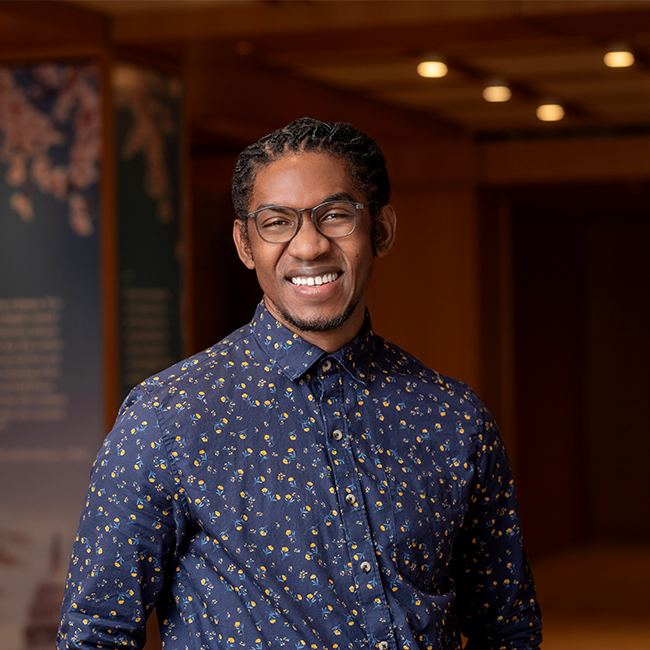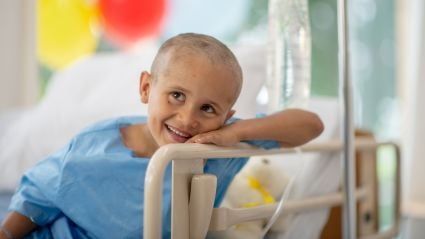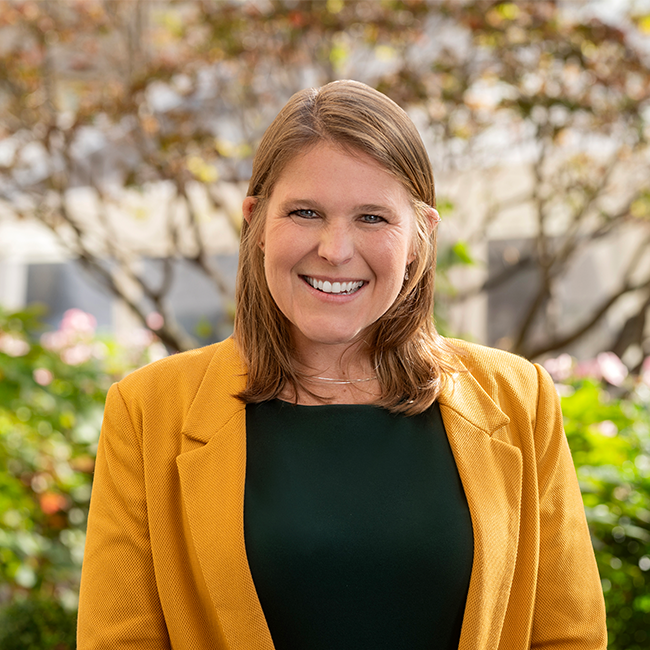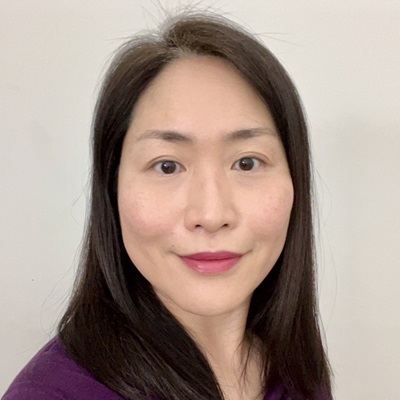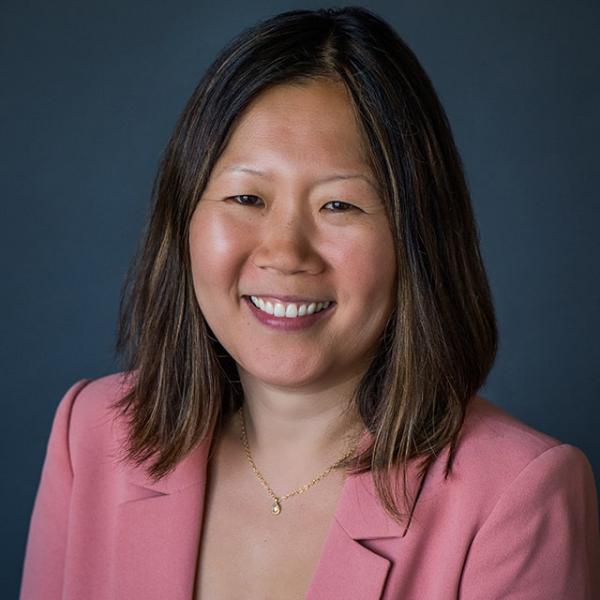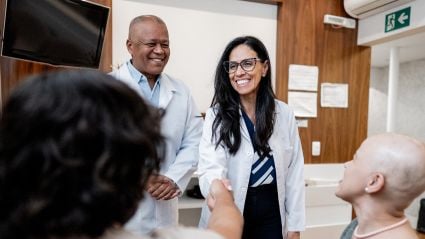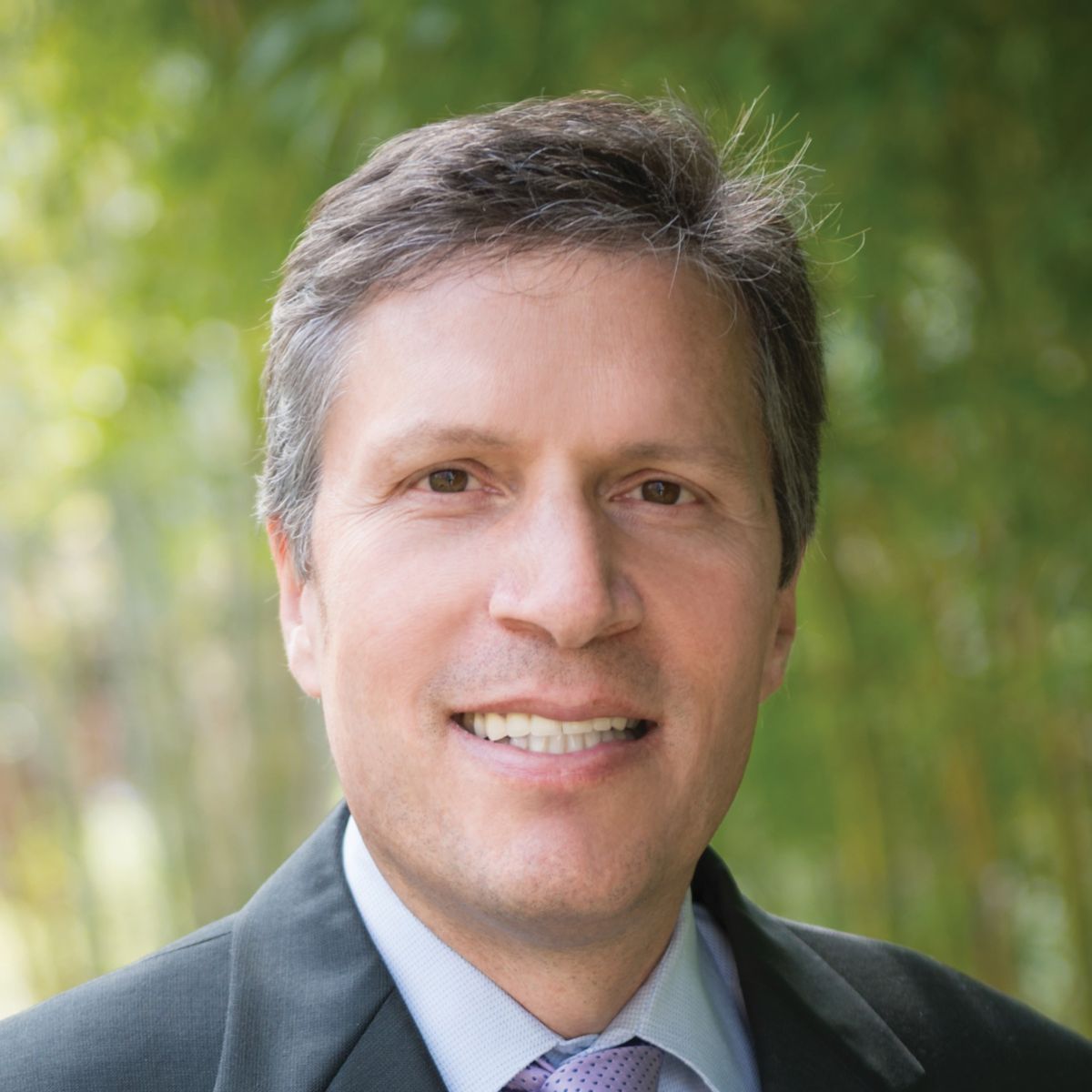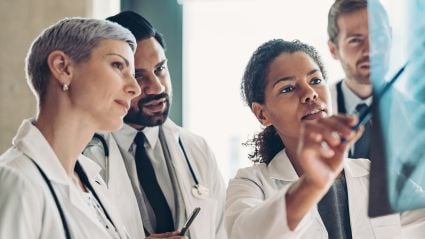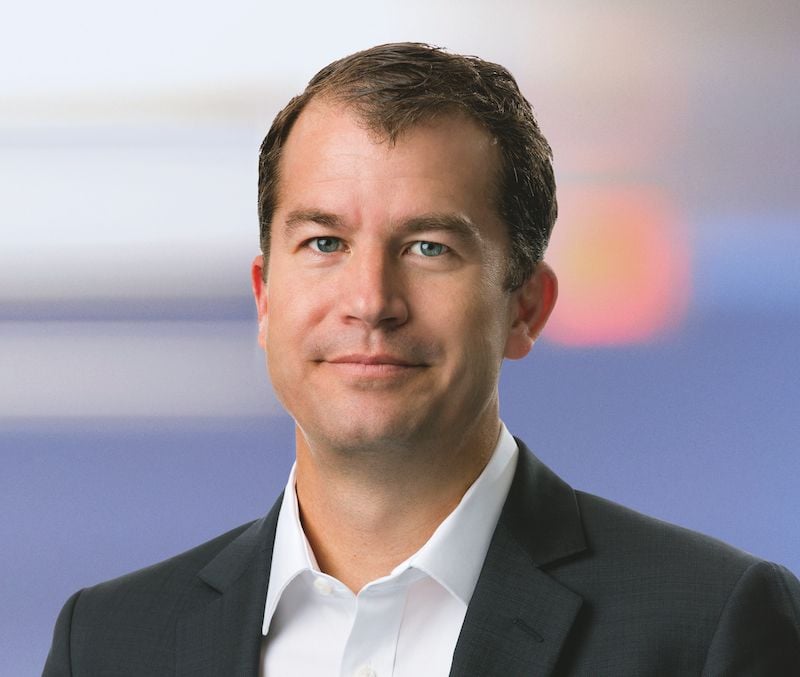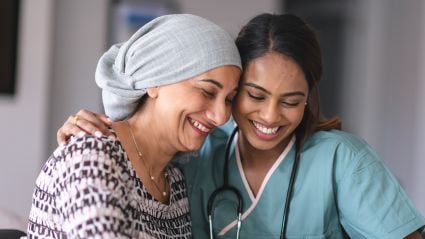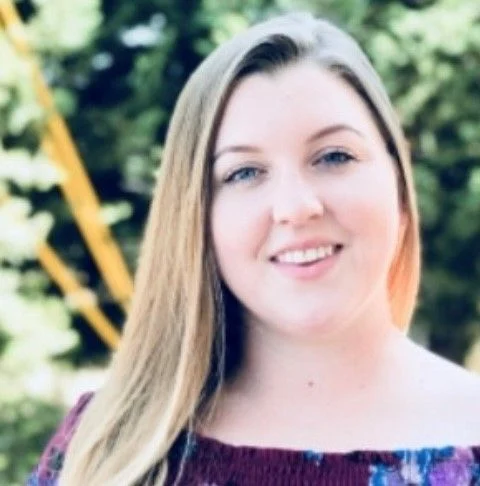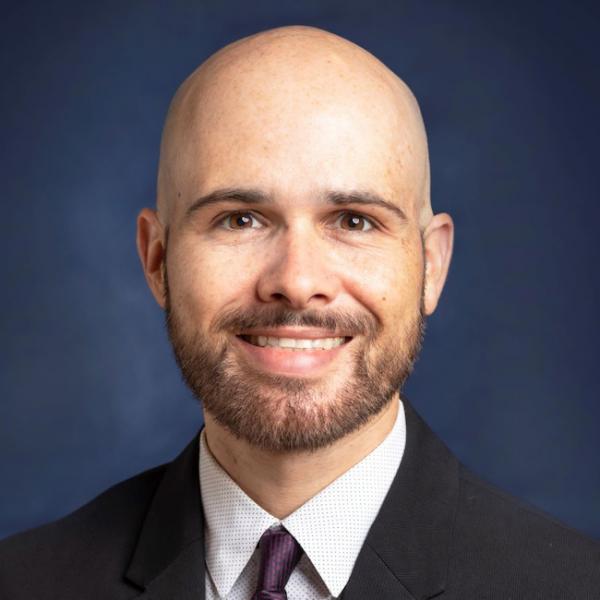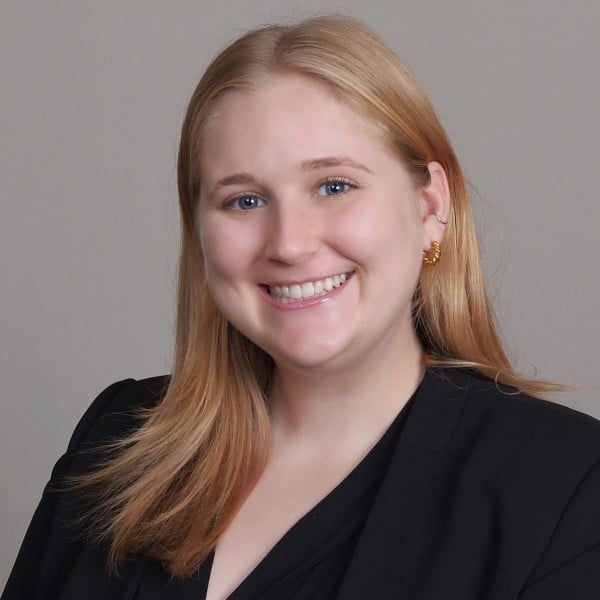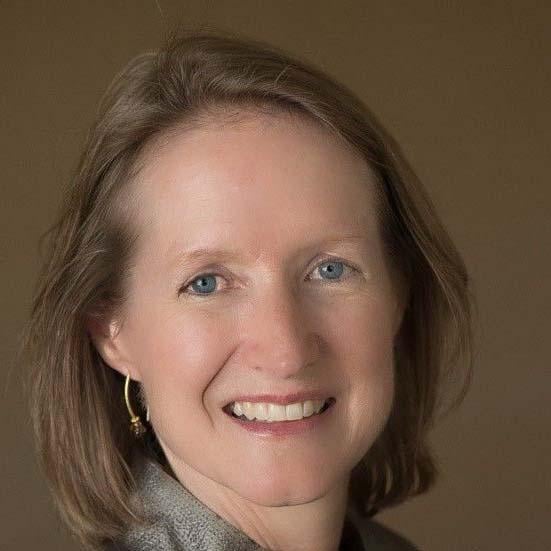
Collaboration, communication, and community are the foundation for meaningful progress in any field. For individuals living with a rare disease, it means even more: A supportive community can alleviate feelings of isolation and foster resilience. Together, health-care workers and those affected by rare diseases can create a powerful network to share knowledge and empower each other.
Sarcoidosis is one such disease that benefits from its tight-knit yet growing community. Sarcoidosis is an immunological condition in which white blood cells cluster together to form granulomas. Normally, granulomas are not inherently dangerous—in fact, they prevent potential threats from harming the body until the immune system knows how to remove them. However, in sarcoidosis, granulomas persist for too long, leading to chronic inflammation and potentially severe organ damage. Sarcoidosis can occur in nearly any organ in the body and has no known cure.
Although several specialized sarcoidosis clinics exist around the world, the condition is not widely known, and its molecular biology is poorly understood, which leads to misdiagnoses and inappropriate treatments. Notably, sarcoidosis can affect different organs; because of this, research and treatment communities are often siloed based on the affected organ or organs.
The Milken Institute Science Philanthropy Accelerator for Research and Collaboration (SPARC) has been working with the Ann Theodore Foundation to facilitate the Ann Theodore Foundation Breakthrough Sarcoidosis Initiative (ATF-BSI), a grant program focused on supporting researchers who seek to better our understanding of sarcoidosis basic science. This work has driven the convenings of clinical and research leaders, which in turn helps foster awareness of the field’s needs and deepens connections within the sarcoidosis community.
SPARC recently attended the American Association of Sarcoidosis and Other Granulomatous Disorders (AASOG) meeting at Johns Hopkins University in Baltimore. An AASOG meeting had not taken place for several years. This meeting brought together researchers, physicians, industry representatives, and patient advocates for in-depth conversations on how the field can use multidisciplinary care, education, and research to improve the overall patient experience.
Researchers and experts shared their wisdom and understanding of everything from the minute molecular pathways relevant to sarcoidosis to how researchers can utilize clinical trials and holistic medicine to improve a patient’s quality of life. Patients and patient advocates were an important part of grounding the conversation by sharing their lived experiences with sarcoidosis and how the current state of care affects their quality of life.
In addition to learning about recent progress in the field, community members, previous applicants to ATF-BSI, and pharmaceutical leaders were able to connect and share knowledge on testing promising sarcoidosis treatments. What we found most heartening was the presence of several sarcoidosis trainees and newcomers to the community. While the sarcoidosis community is relatively small, several new faces and medical trainees specializing in sarcoidosis were in attendance. Regular conversations among individuals in the health-care field and those living with rare diseases encourage collaboration and help foster a continued sense of community.
Sarcoidosis funding opportunities are limited, but ATF-BSI seeks to help researchers, especially those who are new to the field, build their careers in sarcoidosis so they can sustainably help lead the field toward reliably improving conditions for all people living with sarcoidosis. ATF-BSI hosts an Annual Investigators Meeting, an opportunity for funded investigators to meet and connect with each other, Scientific Advisory Board members, and program administrative staff. Since the first Annual Investigators Meeting in July 2022, the ATF-BSI community has experienced significant growth, and we anticipate this momentum will continue as our program evolves and expands.
In four years of partnership with ATF, Milken Institute SPARC has seen collaborations and new ideas develop from these meetings, strengthening the connections people have with one another and the community while facilitating work that could help improve people’s lives. We know that philanthropy has a special ability to bring people together. This community building is a key driver of innovation, which is why SPARC prioritizes and practices it regularly. In all fields, particularly in rare diseases, human connection is a powerful catalyst for achieving remarkable outcomes.
ATF-BSI is currently accepting applications for its fourth round of project funding, which will continue to build community through innovative and impactful foundational science projects. Read about the most recently funded projects.
